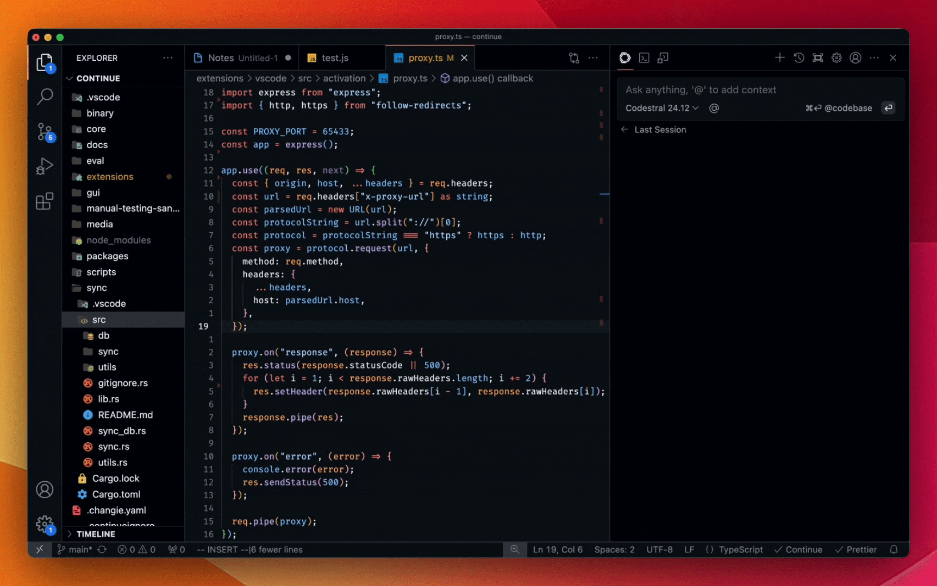In a very brief announcement, OpenAI has shared that Condé Nast is the latest media publisher to negotiate a licensing agreement with the tech giant. According to the announcement, OpenAI will display content from Condé Nast's renowned brands, including Vogue, The New Yorker, Vanity Fair, WIRED, and Bon Appétit, on products like ChatGPT and the newly introduced SearchGPT prototype. SearchGPT combines OpenAI's conversational models with direct links to content, including news stories, and OpenAI has stated it is currently working with its news and media partners to gather feedback on SearchGPT's performance so the company can integrate SearchGPT's best features into its mainstream products.
In its memo, Condé Nast referenced how the rise of generative AI has hindered content monetization for publishers and media outlets, and suggested that the deal with OpenAI is a step in the right direction to ensure appropriate attribution and monetary compensation for publishers as the sources of the information displayed by generative AI products. Condé Nast highlights OpenAI's transparency and willingness to work with publishers to ensure trustworthy information is always accessible to customers on the latter's platforms.
Overall, it seems the publisher has adopted a more amicable approach than most, including The New York Times and the Intercept, which have sued OpenAI for unlawfully using their content; or authors and journalists Andrea Bartz, Charles Graeber and Kirk Wallace Johnson, who have filed class-action lawsuit against Anthropic claiming that the tech firm used a dataset containing pirated books including the authors' works to train Claude.





Comments